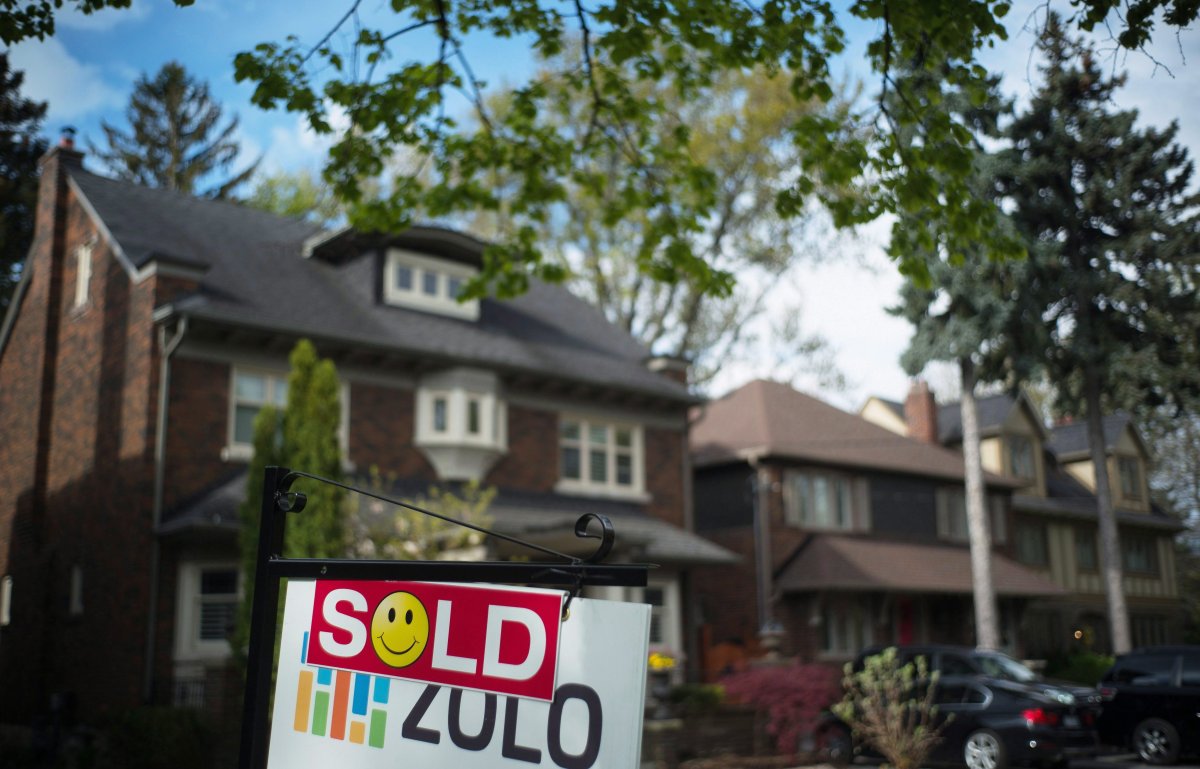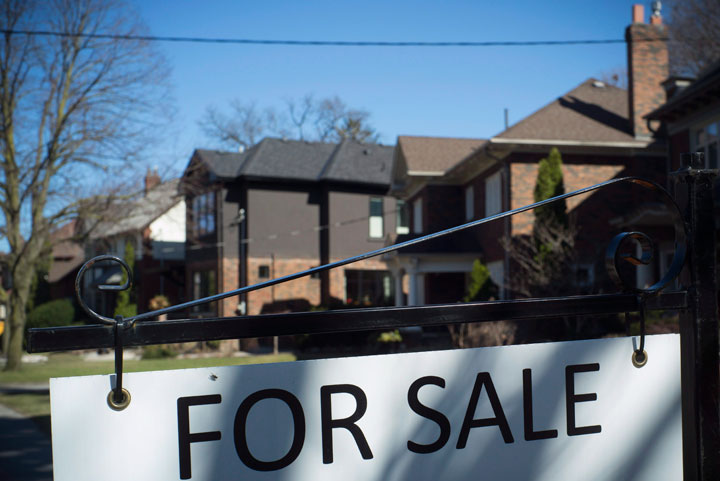How much gold do you need to buy a home in Toronto?

Five-hundred and forty-two ounces, if you ask BMO chief economist Douglas Porter.
It’s just one more metric to demonstrate how “crazy” home prices in the 6ix have become, he said in a note issued Thursday.
Porter took the average transaction price for homes in the Greater Toronto Area (GTA) in April: $921,000.
Then he took the average gold price: US$1,265 per ounce.
Then, he converted the price of gold to Canadian currency, with the average value of the loonie at $1.344: $1,700 per ounce.
Divide the average price of a GTA home by this figure and you arrive at almost 542 ounces of gold.

Compare that to five years ago, when the cost of a house was equivalent to only around 300 ounces of gold.
However, gold is one metric by which Toronto home prices actually looked higher in the past.
Back around 2005, the weight of the price of an average Toronto home in gold was closer to 600 ounces.
That came at a time when gold wasn’t worth as much. It was also higher in the 1980s, when Toronto was in a housing bubble, Porter noted.

READ MORE: Toronto is a city where even the ‘rich’ can’t afford an average-priced house: BMO
But the gold comparison is nevertheless a further indication of how far Toronto homes have stretched out of the reach of many potential buyers.
RBC’s housing affordability report showed that mortgages for homes in the city took up 64.6 per cent of median pre-tax incomes in the fourth quarter of 2016.
That was up from 60.6 per cent in the fourth quarter of 2015.
But all of that was before the provincial government introduced a tax on purchases by foreign buyers as part of a package of housing measures last month.
BMO economist Robert Kavcic said “we have been fully in favour” of such a tax when it was unveiled.
Meanwhile, CIBC economist Benjamin Tal said the new housing measures, along with increasing supply, should “work to moderate house price inflation in the coming years.”
They do, however, expect impacts to be limited.
- Canadian man dies during Texas Ironman event. His widow wants answers as to why
- Several baby products have been recalled by Health Canada. Here’s the list
- ‘Sciatica was gone’: hospital performs robot-assisted spinal surgery in Canadian first
- Dating apps ‘worse than ever’ for your privacy, report warns










Comments